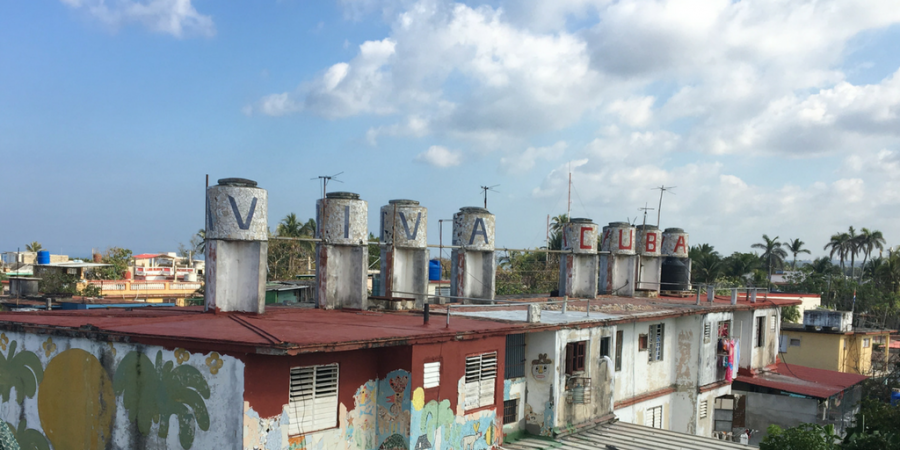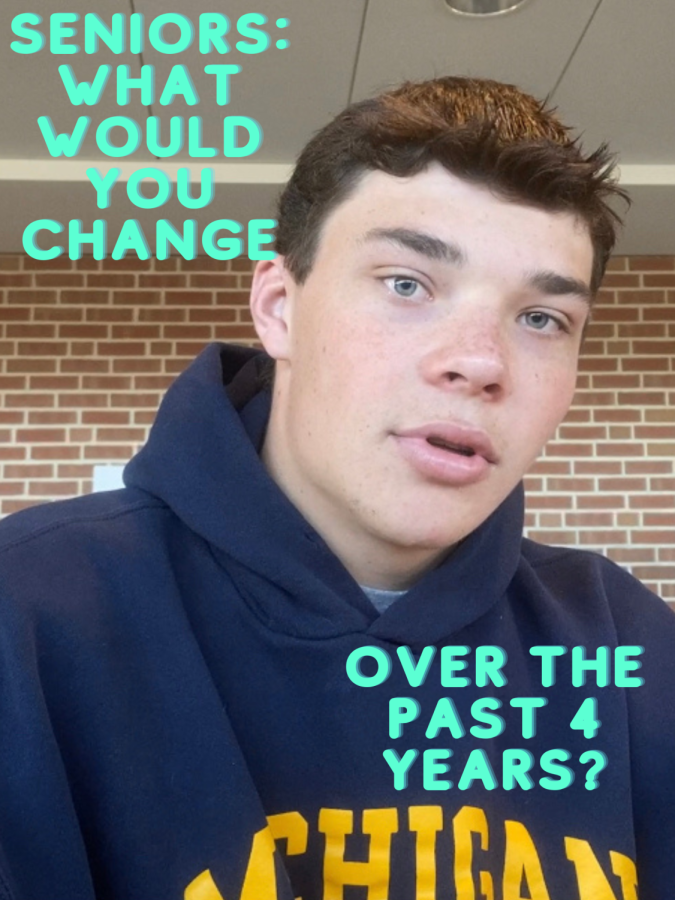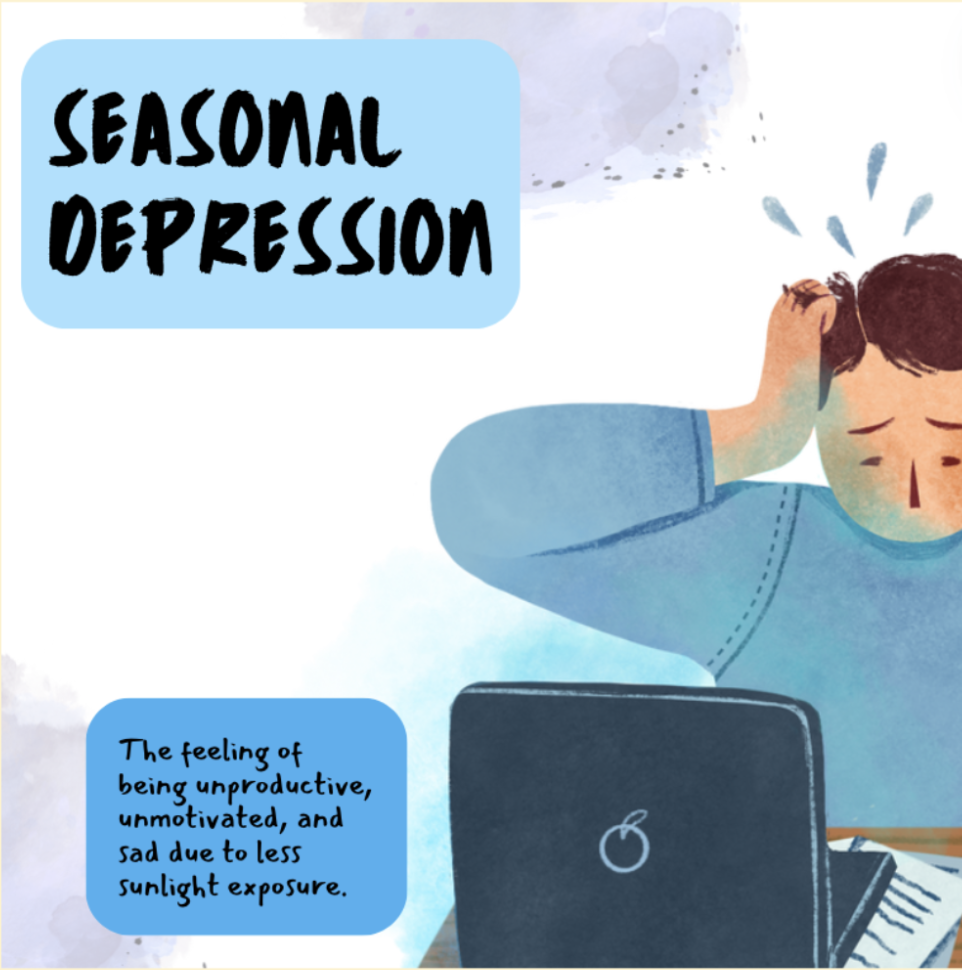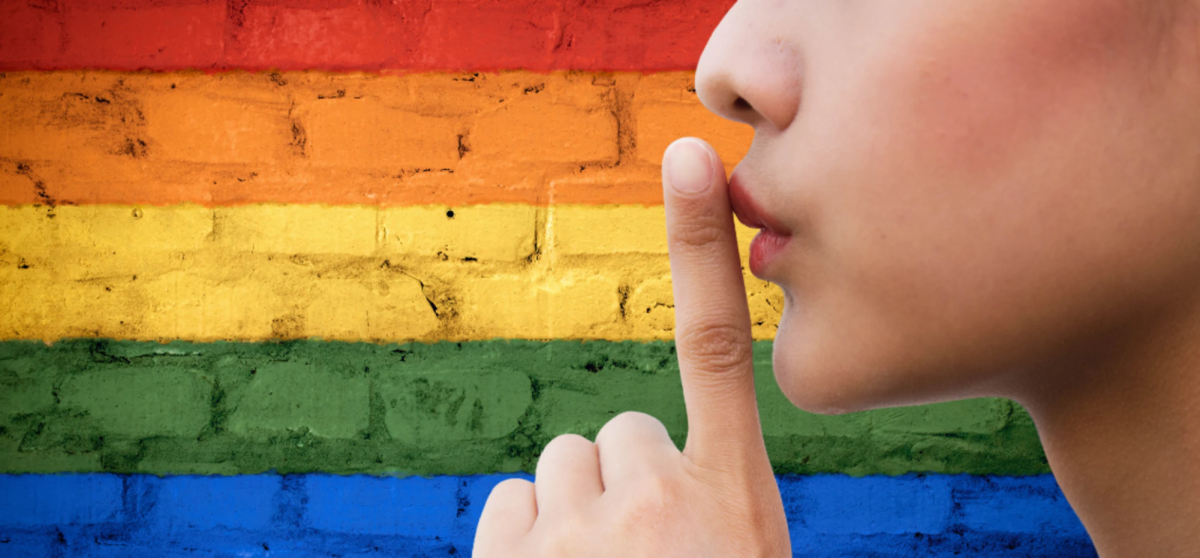In December, I was lucky enough to spend a week in Havana with my family. It was the kind of trip that not every family would be up for: no internet, no credit cards, no cell service, hitchhiking as public transportation, limited English. Upon returning home, everyone wanted to know about our mysterious, semi-forbidden trip to the island nation 90 miles south of Florida. They asked about the old cars, the cigars, the safety, the lack of free enterprise. It’s incredible how little we know about Cuba. So, here it is: everything I learned about and from the people of Cuba. Hopefully I can convince you to look at it with a new, more nuanced understanding and even consider traveling there yourself.
Stereotypes
 It is true that the streets are populated by 1950 and 1960s American cars, there are no McDonald’s or Starbucks in sight, and you can buy fancy cigars at good prices. But, there is substantial free enterprise, safety is not a problem, and people freely talk about–and criticize–their government.
It is true that the streets are populated by 1950 and 1960s American cars, there are no McDonald’s or Starbucks in sight, and you can buy fancy cigars at good prices. But, there is substantial free enterprise, safety is not a problem, and people freely talk about–and criticize–their government.
Many Americans picture that Cubans are oppressed, and while I’m sure you could find instances of oppression in the country today, I did not see any signs of it. The Communist Party of Cuba largely controls the nation’s politics, but other parties do exist. Citizens are not required to be a member of the party and the people I spoke to believe their elections are fair. That said, news and media is largely controlled by the government, and American TV shows and movies are frequently smuggled in.
The American media portrays modern Cuba as a violator of human rights, but that is far from the truth. For a third world country, Cuba excels in providing healthcare, housing, food necessities, and education to its citizens, and even exports their medical expertise across the globe. Keep in mind, though, that a Cuban government salary is only around $30 a month, so many Cubans have second and third jobs in the tourism industry to make extra money. Yes, it is true that taxi drivers in Cuba make more than doctors. Obviously, there are problems with that system.

Many cabs I rode in (which were really cool old American cars) had American flags next to the Cuban flag in their windshield. I asked one driver why, given our history. He laughed a little and responded in Spanish that Americans and Cubans are brothers and that our problems are with our governments, not our people. That attitude prevails. Their capacity to forgive is greater than ours.
They also know a lot about American politics/sports/cities/music and love telling you about their relatives in the States, although almost none of them have actually been here.
Parts of History We Forget
Neither the US nor Cuba has an unbiased view of Cuban-American history, but let’s consider a few things through their perspective.
Before the revolution of 1959, Cuba was run by a corrupt, US-backed dictator named Fulgencio Batista. The country was a US pleasure island which gangsters and wealthy Americans controlled and kept as a den of vice and corruption.
It may not be surprising then, that they celebrate José Martí, Fidel and Raúl Castro, and Ché Guevara, who rescued them from that dark fate, as their national heroes. It’s similar to how we revere our founding fathers. Driving down the streets, you will see murals and signs declaring “¡Viva la revolución!” and “¡Viva Cuba Libre!” and “¡Viva Fidel!” These relics of the revolution show that people are still very much proud of and interested in this history.

After the disastrous Bay of Pigs invasion, Cuba, desperate for international support, turned to the Soviet Union. The CIA made plans to assassinate Castro on at least five occasions during this period. The Cuban Missile Crisis was a conflict of Soviet Union and US relations, Cuban-American issues were largely ignored and Cuba was more of a bargaining chip between the more powerful nations. The US imposed a trade embargo, but it didn’t do anything to weaken the Castro regime. It did solidify the Cuba-Soviet Union connection, though.
But that was 60 years ago. Now the Soviet Union is out of the picture and since then, we’ve done business with all manner of oppressive regimes. Communism is a scary word in the US. It carries the baggage of a hundred years of propaganda and conflict. We sacrificed 58,000 American lives fighting Communism in Vietnam 50 years ago, but now we’re one of their biggest trading partners. We also eagerly do business with the original Communist giants, Russia and China, but still insist on restricting trade with a developing country that is a short flight from Miami.
Our refusal to trade with them hurts both countries. The Chamber of Commerce estimates the embargo costs the US $1.2 billion dollars a year in lost exports. And in the wake of Hurricane Katrina in 2005, President Bush refused Cuba’s offer to send 1,600 doctors and 83 tons of medical supplies to provide desperately needed assistance.
 President Obama began to normalize relations between the US and Cuba. He visited the country, eased travel restrictions, removed it from the State Sponsors of Terrorism list, and resumed postal service between the countries. But, he failed to close Guantanamo Bay which is another symbol of lasting American imperialism to the Cuban people.
President Obama began to normalize relations between the US and Cuba. He visited the country, eased travel restrictions, removed it from the State Sponsors of Terrorism list, and resumed postal service between the countries. But, he failed to close Guantanamo Bay which is another symbol of lasting American imperialism to the Cuban people.
Embargo
After what I have seen in Cuba I can say one thing for certain: the American Embargo against Cuba is hurting Cuban citizens more than it’s hurting the Cuban government. Maybe we had a good reason to implement it in the first place, but that’s over now. Cuba is not a threat to the US. Opening trade, travel and communication between the US and Cuba might actually encourage democracy there, whereas the embargo is only fueling animosity.
In order to get a visa to go to Cuba, the U.S. government required us to state our goal for the trip, and we chose to provide “support to the Cuban people” which we accomplished by visiting a Cuban hospital to donate toys, batteries, and a large bottle of ibuprofen. The head doctor of the cancer ward met us and although the language barrier was formidable, she greeted us warmly and conveyed her gratitude for our concern. She clearly appreciated the toys and games we’d brought for the children, but her appreciation turned to delight when she saw the two large packages of batteries we’d provided. She gestured, smiling, to an otoscope–the little thing with the light that doctors use to check your ears–saying they had the equipment, but had no batteries for them.
I brought an old doll into a room housing a tiny girl not much larger than the doll in my hand. She began to cry and the nurse explained to me in simple Spanish that she was in pain from her condition. I gave hot wheels to a boy who looked so excited, it both lifted and crushed my heart. He had no other toys. The old Samsonite suitcase we lugged our stuff to the hospital in was repurposed to transport transplant equipment to rooms where it would save lives.
Smuggled American products are sold at far higher prices than they are sold for here because they have to go through other countries to get to Cuba. This includes life saving medications.
Any policy that causes battery shortages in hospitals, makes medications prohibitively expensive, and denies sick children toys does not deserve your support. Period.
If Cuba were an industrialized nation with the infrastructure available to produce their own medications, technology, and consumer goods they could thrive without American influence or trade. However, it is a small, largely-agrarian nation and producing all of their own goods is simply unrealistic. The US is the nearest large, developed economy and Cuba’s natural trading partner for many goods and services. Perpetuating the Embargo is depriving American companies of a market for their goods as well as innocent Cuban people of products they desperately need.
Travel There Yourself
I cannot overstate how highly I recommend traveling to Cuba. Especially if you want to experience a country with a rich and unique history that has not been saturated with American fast food restaurants and chain stores. American (and European and Canadian) tourism is vital to the Cuban economy, so despite our contentious history they are very welcoming towards tourists. That said, if you are close-minded or not an adventurous traveller, it may not be for you. Speaking a little bit of Spanish is incredibly useful. Definitely more useful than in other, more “touristy,” caribbean countries.
Travel is the single best way to open your eyes, mind, and heart to the hardships of other people. In one week I met several incredibly friendly and intelligent Cubans who showed me that politics don’t define a country, people do.




















Alain • Sep 15, 2019 at 12:39 pm
I’m glad you had the opportunity to travel to Cuba and experiment our culture and the beauty of our Island. That being said, many of the statements you made are factually and historically inaccurate and pretty much in line with the Cuban victimization government propaganda. As per the cuban constitution only one political party is legally allowed to exist in the Island, the Communist Party. Any other political or civil associations outside of the Communist Party are subject to hard jail sentences and to the death penalty in some instances. As you mentioned Fulgencio Batista was murderer and a despot, but Fidel Castro’s revolution was not a solution and plunged the country deep into political repression and the elimination of the basic human rights. Neither Castro nor Che Guevara were the founding fathers of Cuba, Guevara was an Argentinian, communist fanatic responsible for the imprisonment, torture and murder of thousands of Cubans. The US for decades now has been one of the top five trading partners of Cuba. What you saw was a mirage and image based on the manipulation of a regime looking for your money and with the goal of creating an idealist image of a murdering and repressing communist regime.